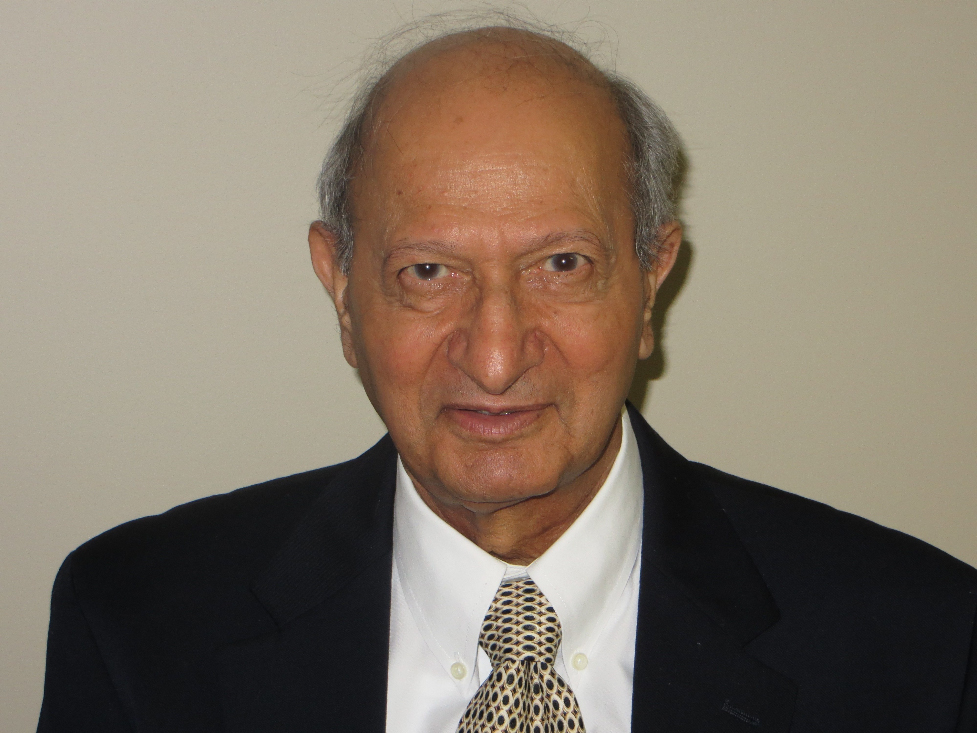
Getting to Know Dr. Ali Rajput
Could you provide a short description of your background?
I grow up and received my medical degree in Pakistan. My postgraduate neurology training was in the USA. In 1967, I joined the Department of Medicine as a full-time academic member and gradually rose to Professor and Head of Neurology. Currently I am a Distinguished Professor of Neurology with clinical practice and research focused on movement disorders. I have published approximately 200 scientific papers.
What is your area of research?
My area of research is movement disorder – parkinsonism, essential tremor, dystonia et., and ranges from epidemiology, clinical therapeutics, clinicopathological brain biochemistry, molecular genetics and translational research.
Could you tell us about the “big moments of research” for you?
Do you have any advice for early career clinician and messages for junior researchers?
The best time to get started in research is during the early years of your career. You have benefitted from the research by others. Now, it is for you to contribute for the next generation. You have pursued at least 10 years of formal medical education and succeeded at being a specialist. You have all the tools to succeed in research: intelligence, curiosity, patience/perseverance, financial security and departmental support to pursue research. Like me, most of you did not have formal research training. Once you dip your foot, you will realize the water is not very deep.
Some final words of wisdom
The shortest distance from research to clinical application is the clinician directed patient-based research. Decide on the topic that you find interesting/exciting. Select a subspecialty within your specialty such as gout for arthritis rather than trying to cover the entire field of arthritis. Pursue the general direction of your goal but be flexible to change strategies as needed to succeed. Read, listen to experts and lean but make sure you are not an expect copy of someone else. You have your own significant component in your research. Build collaborations and give credit to those who collaborate. Live everyone else, you will be wrong at times but never knowingly mislead. Scientific credibility depends on your integrity. Like everyone else, you will fail at times, but do not let that discourage you. You learned that when something did not work, you will be able to do better next time. Be innovative in your ideas and approach. Do not hesitate to respectfully contradict others or question the literature, which is after all written by people like you. Finally, do not hesitate to ask others, who you think may be able to help you. You will find most people very generous with their time.
If wish you much success in your research efforts. If I can be of assistance to anyone, please do no hesitate to contact me.
Dr. Ali Rajput,
Distinguished Professor, Neurology
